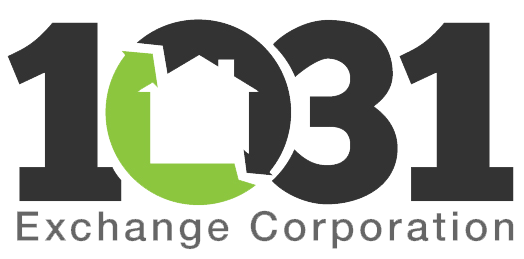
Prior to the late 1970s, all exchanges were simultaneous exchanges by necessity. Today, very few exchanges are simultaneous. These exchanges are discouraged by the IRS. There are no safe harbor rules. Consequently, the risk of IRS challenge is higher.
We discourage our clients from attempting a simultaneous exchange, suggesting instead that each exchange party enter into separate delayed exchange agreements with an intermediary. There are several reasons for this:
Disadvantages Of Simultaneous Exchanges
- Two intermediary assisted exchanges will almost always be less expensive than attempting a simultaneous exchange. Because of the safe harbor rules, there are guidelines for qualifying a delayed exchange for favorable tax treatment. With a simultaneous, each transaction must be reviewed by legal and tax advisors.
- With an intermediary assisted delayed exchange, the risk of IRS challenge is substantially reduced.
- All closings in a simultaneous exchange must occur on the same day, often with two or more title companies and lenders involved. Coordination is essential, difficult, and can be ulcer producing.
- Direct deeding is not permitted as it is under the safe harbor rules for delayed exchanges. Therefore, sequential deeding is required. This may cause title to property to pass through multiple parties before being vested in the final owner. Environmental risks can be substantial and can result in liability even if title was held for only a brief moment during an exchange
Advantages Of Simultaneous Exchanges
- None that we are aware of. This decision is a no-brainer.
